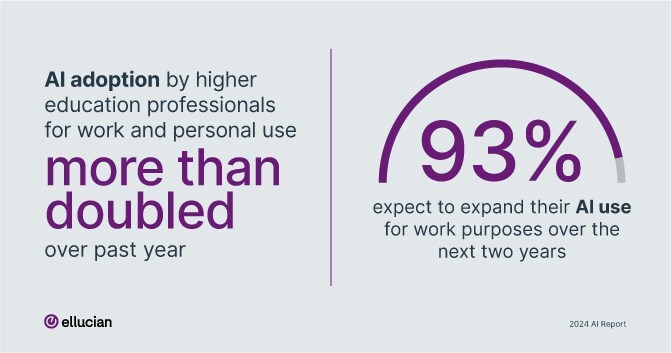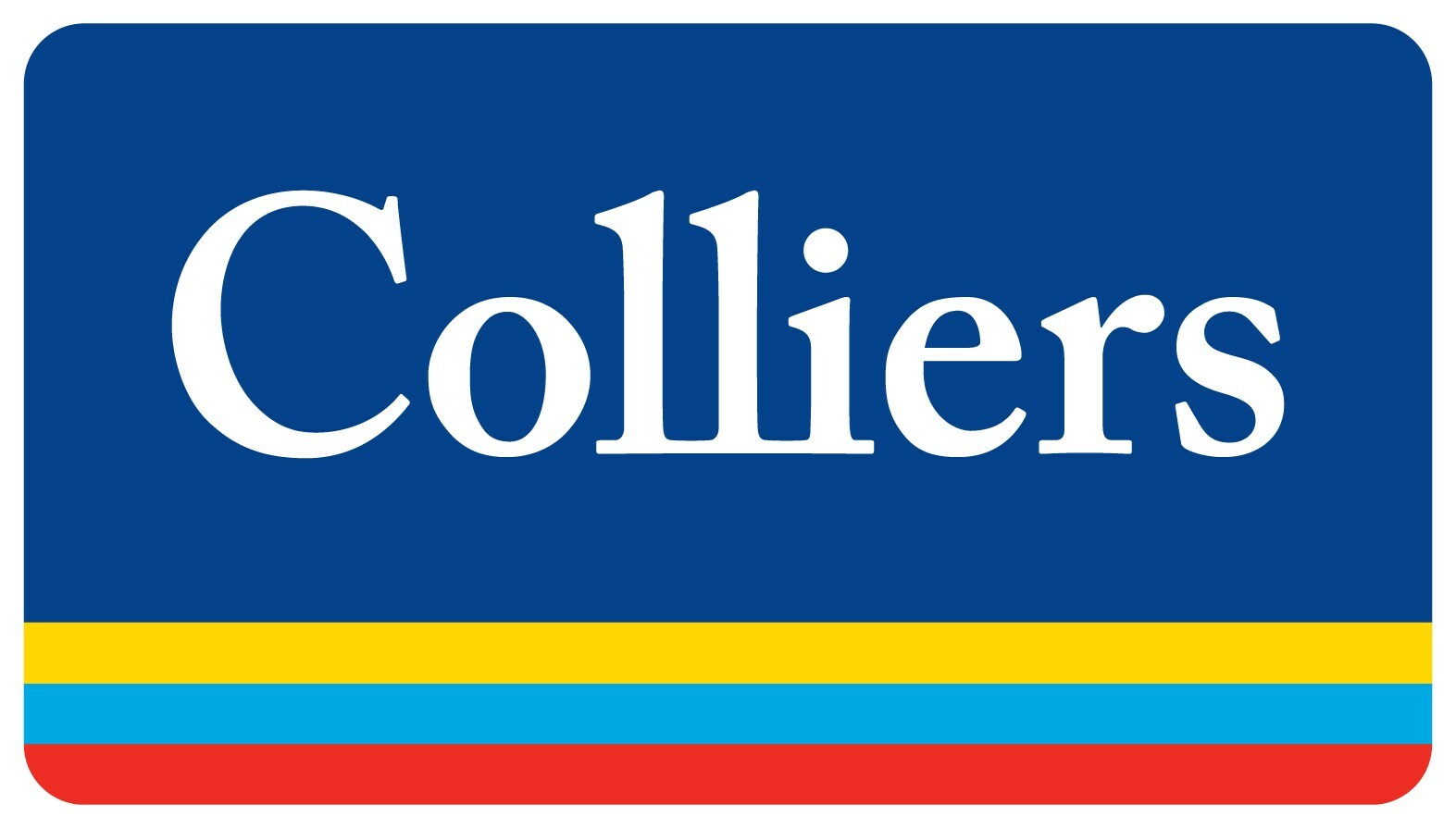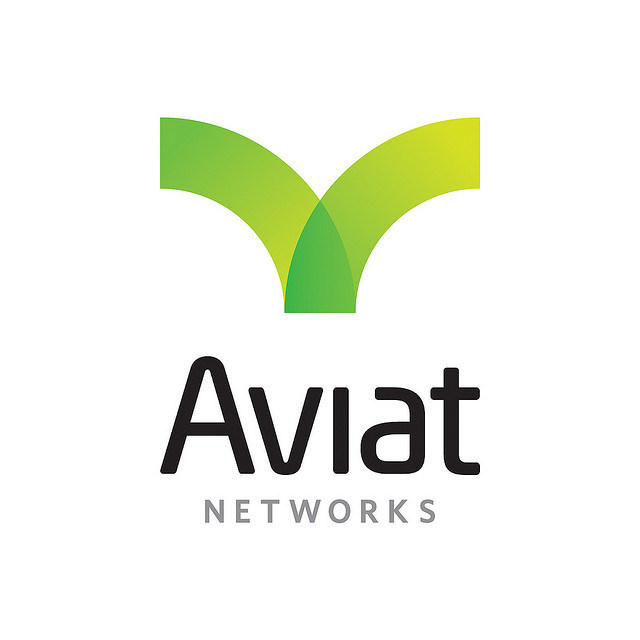93% expect to expand their AI use for work over the next two years
RESTON, Va., Oct. 22, 2024 -- Ellucian, the leading higher education technology solutions provider, released its second annual AI survey report. This report shows that AI adoption by higher education professionals for work and personal use has more than doubled over the past year. In a survey of 445 faculty and administrators from more than 330 institutions across the U.S. and Canada, 93% expect to expand their AI use for work purposes over the next two years.
While the use of AI is growing, the survey also shows increasing concerns. The percentage of respondents worried about bias in AI models rose from 36% in 2023 to 49% in 2024. Similarly, data privacy and security concerns increased from 50% in 2023 to 59% in 2024. These findings reflect a complex mix of enthusiasm and caution across the industry.
"AI is a game-changer for higher education – it will help institutions operate more efficiently and provide personalized support for learners across their educational journey," said Laura Ipsen, President and CEO, Ellucian. "Our survey findings show that while adoption is increasing, leaders are rightfully weighing AI's benefits with careful consideration of privacy, bias, and long-term impact on student outcomes – including the potential impact on student mental health. At Ellucian, we aim to be the go-to technology partner for the higher education community in navigating the complexity of integrating AI into business processes and improving student outcomes."
Key survey findings:
Pace of AI Adoption and Current Use
AI adoption in higher education has seen a dramatic increase in the past year.
- 84% of respondents reported using AI in either their professional or personal lives – an increase of 32 percentage points over last year.
- AI adoption for personal and professional use surged by 35 percentage points compared to last year with 61% using AI in both contexts.
Motivations for AI Adoption and Its Impact on Institutions
Efficiency and productivity gains are driving AI adoption, and increased confidence in predictive analytics indicate AI's pivotal role in enhancing student support and enrollment processes.
- 80% of higher education administrators are motivated to adopt AI for improved efficiency and productivity.
- 85% predict that AI use cases for engaging with predictive models for enrollment will increase over the next two years, while 83% said predictive models for student success.
Barriers to Adoption and Concerns About AI
Despite growing adoption of AI, concerns about its ethical use remain. Respondents voiced unease around data security, privacy, and the potential for AI to undermine critical thinking and academic integrity.
- 49% of respondents indicated concern about bias in AI models, an increase of 13 percentage points year-over-year.
- 59% reported concerns about data security and privacy, up 9 percentage points over last year's results.
- 78% of administrators fear AI could negatively impact academic integrity, while 53% worry about its effect on critical thinking.
Read the full survey report.
ABOUT ELLUCIAN
Ellucian powers innovation for higher education, partnering with more than 2,900 customers across 50 countries, serving 22 million students. Fueled by decades of experience with a singular focus on the unique needs of learning institutions, the Ellucian platform features best-in-class SaaS capabilities and delivers insights needed now and into the future. These solutions and services span the entire student lifecycle, including data-rich tools for student recruitment, enrollment, and retention to workforce analytics, fundraising, and alumni engagement. Ellucian's innovative solutions, vast ecosystem of partners and user community of more than 45,000 provides best practices leading to greater institutional success and achieving better student outcomes.
ABOUT THE SURVEY METHODOLOGY
Ellucian's 2nd Annual AI in Higher Education Survey is a continuation of a research project that began in 2023 to better understand how higher education leaders perceive and use artificial intelligence technologies and the value they bring to institutions. This year's survey data was collected between August 12 – September 8, 2024 resulting in a representative sample of 445 higher education administrators from more than 330 institutions across the U.S. and Canada. The sample was balanced to ensure a broad representation across various institution types, sizes, and job functions.
57% of respondents came from public institutions with 26% coming from US 2-year publics, 18% coming from US 4-year publics, and 13% representing Canadian public institutions. 39% of respondents represented private institutions. 3% of respondents came from Canadian technical colleges and the remaining 1% came from institutions outside of the US and Canada. The sample also reflected a wide range of institution sizes based on FTE: 12% were from schools with fewer than 1,000 students, 43% from schools with 1,000 - 4,999 students, 16% from schools with 5,000-9,999 students, 16% from schools with 10,000 - 19,999 students, 13% from schools with more than 20,000 students. 20% of respondents worked in academic affairs at their institution, 19% in information technology, 16% in data and analytics, 16% in student affairs, 12% in business and operations, 9% in executive leadership, and 8% in external affairs.
This News is brought to you by Qube Mark, your trusted source for the latest updates and insights in marketing technology. Stay tuned for more groundbreaking innovations in the world of technology.









